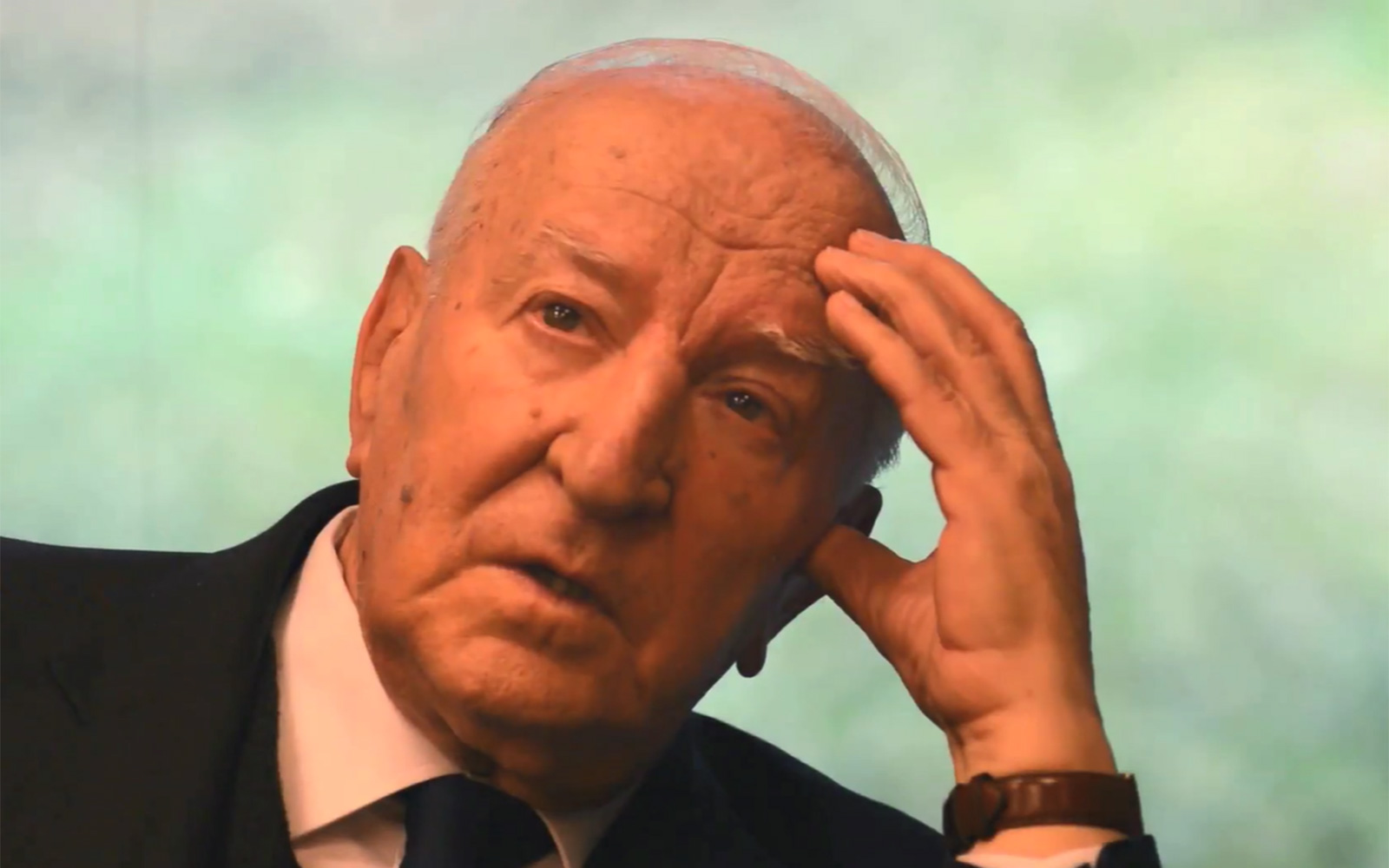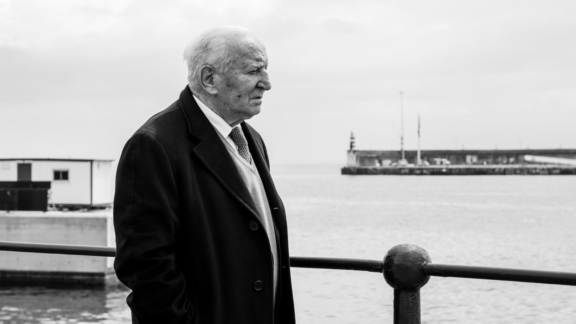Eduardo Lourenço and Portuguese universalism

In 2016, there was the inauguration, at the Cité de l’Architecture et du Patrimoine / Calouste Gulbenkian Foundation in Paris, of the exhibition dedicated to the architectural thinking and designs of the preceding five decades. This exhibition would go on to be displayed in the House of Architecture in Matosinhos.
The theme of universalism in Portuguese culture was not new. This has already been widely approached by many different thinkers, from Miguel Torga to Agostinho da Silva, from Eduardo Lourenço to José Gil, who wrote about the Portuguese ways and means of self-relating with the world and with the “other”.
Among the contents on exhibition, there were scale models, technical drawings, facsimiles of sketches and outlines, photographs, texts and caricatures and in conjunction with a video interview, conducted by the exhibition’s curator, the architect Nuno Grande, with Eduardo Lourenço. This records the words of the Portuguese philosopher, thinker and essayist, a longstanding collaborator of the Calouste Gulbenkian Foundation, expounding on Portuguese universalism and universal thinking, on Portugal as a country standing at cultural crossroads, on the idea of Montaigne, who Eduardo Lourenço quotes: Chaque homme porte la forme entière de l’humaine condition (Chapter “On regret” in the third book of essays by Montaigne) – “Each man transports within him the entirety of the human condition”.

